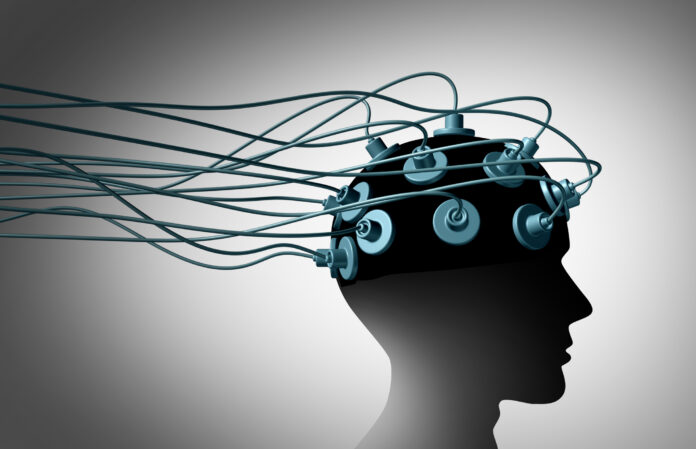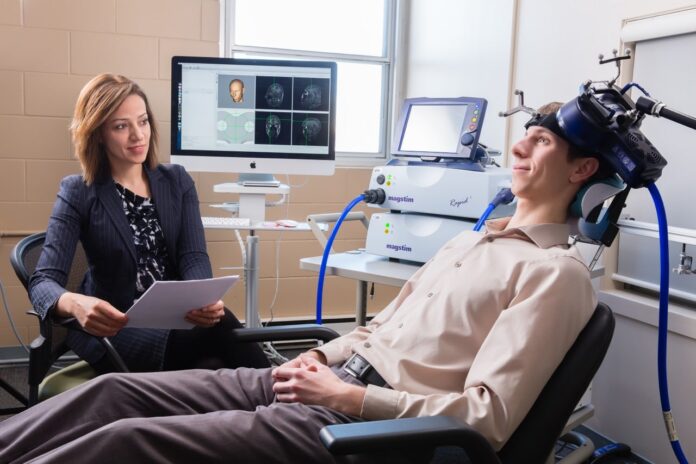Millions of individuals worldwide suffer from depression, which has become a widespread mental health issue. Depression results in a low mood, lack of interest in various activities, changes in eating habits, sleep difficulties, and low energy. While there are many efficient treatments for depression, such as medication, psychotherapy, and lifestyle changes, treatment-resistant depression (TRD) does not respond well to these therapies.
What Is Treatment-Resistant Depression (TRD)?
Treatment-resistant depression (TRD) is diagnosed When a person fails to respond to two or more trials of antidepressants and does not significantly improve with additional treatments. According to estimates, 20–30% of people who suffer from depression also have TRD, making it a severe public health issue. TRD can seriously affect the patient’s quality of life and increase the chance of committing suicide.
TRD can occur for various reasons, including improper diagnosis of the underlying cause of the depression, underlying medical or mental problems, and individual variations in response to therapy. TRD is a complicated disorder with many variations, and each person will likely have a different symptom.
What Is Transcranial Magnetic Stimulation (TMS)?
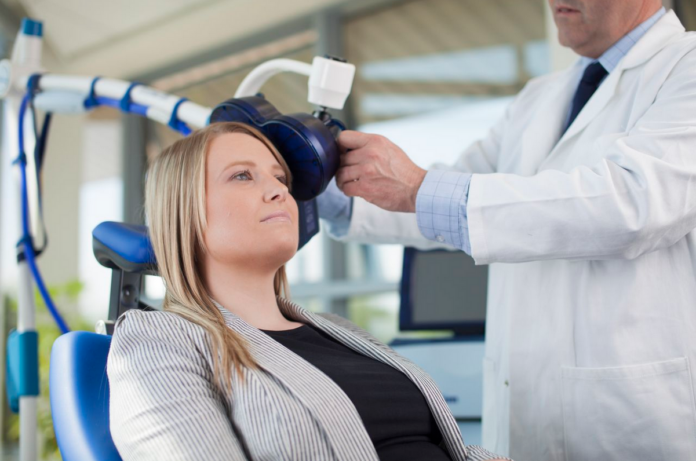
Transcranial magnetic stimulation (TMS) is a non-invasive brain stimulation method that uses magnetic fields to stimulate brain nerve cells. TRD is very effective in treating depression as it targets specific brain parts that control mood. TMS is considered a safe and reliable substitute for conventional TRD therapies since it has few side effects but is not associated with any long-term effects.
How TMS Works
The prefrontal cortex, the area of the brain responsible for mood regulation, is stimulated by magnetic pulses sent to the brain through the TMS. The coil is positioned on the scalp close to the target region of the brain and produces the magnetic field.
The magnetic fields induce an electrical current in neurons which triggers the release of neurotransmitters and the activation of nerve cells. This procedure has a therapeutic impact on the brain, as it boosts mood and decreases depressive symptoms.
TMS is a well-controlled and safe depression treatment procedure with few or no side effects. Headaches, rashes on the scalp, and minor discomfort during operation are the most frequent adverse effects. Although exceedingly rare, some people may occasionally exhibit seizure-like behavior; however, this can be avoided with careful screening and monitoring throughout the operation.
Who Is a Good Candidate for TMS Treatment?
Depression can be effectively treated using transcranial magnetic stimulation (TMS), a non-invasive brain stimulation method, especially in treatment-resistant depression (TRD). However, it is essential to note that not everyone qualifies for TMS treatment. When deciding whether TMS is the best choice for a person, the following factors should be taken into account:
Diagnosis And Previous Treatments
TMS is not advised for people with other mental health issues, including bipolar disorder or schizophrenia. TMS treatment is effective for people who have not reacted well to different types of treatment, such as medicine, psychotherapy, and lifestyle changes.
Medical History, Pregnancy, And Age
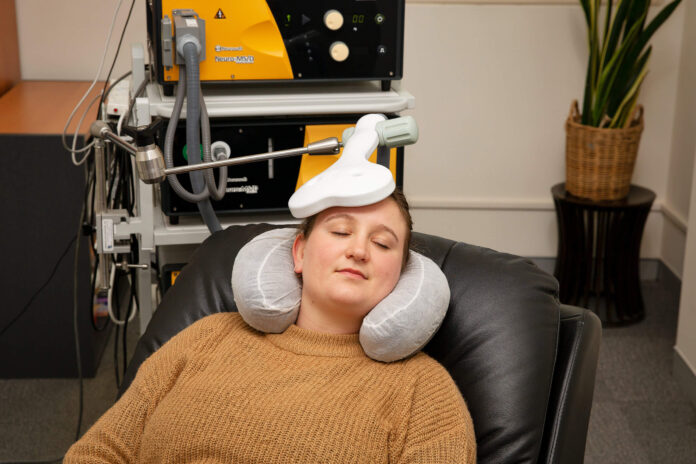
TMS might not be the best option for people with specific medical issues, such as a history of seizures, implanted medical equipment, or a metal implant in the head. TMS is also not recommended for women who are expecting or nursing. People under the age of 18 or over 65 may also not be suitable for TMS.
To decide if TMS is the best course of treatment for you, it is crucial to explore these issues with a mental health specialist. TMS safety and suitability can be determined through evaluation and review of your medical history. It is advisable to consult with your mental health expert to help you review other treatment choices that might be better for you if TMS is not a good option.
TMS is an effective treatment option for patients with TRD who have not responded well to conventional treatments. But not everyone is a good TMS candidate. A full assessment and conversation with a mental health specialist are required to establish if TMS is the best treatment for you.
The Benefits of TMS In Treatments For TRD
Several clinical trials have shown that TMS is beneficial in treating TRD; it considerably improves symptoms in patients suffering from this condition. It is also an effective treatment option for various degrees of depression, including mild, moderate, and severe depression. Below are some of the critical advantages of TMS:
Increased Response Rates
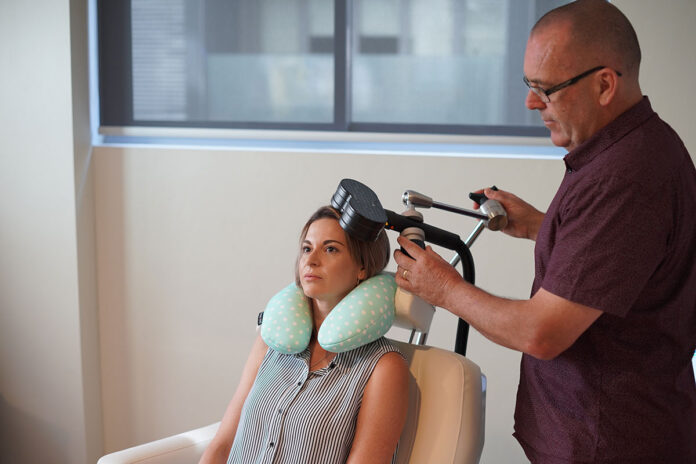
The response rates to TMS therapy for depression range from 40% to 60%. This is a higher response rate when compared to other treatments, which have response rates of 20–30%; it is, therefore, a substantial advancement.
Improves Symptom Severity
In addition to raising response rates, TMS has dramatically decreased the severity of symptoms for those with TRD. Many patients who have undergone TMS depression treatment notice a remarkable increase in general quality of life, including changes in mood, level of energy, and general functioning.
No Notable Side Effects
TMS has fewer adverse effects than other traditional depression therapies, and most people tend to tolerate this treatment procedure very well. There are no known long-term effects of TMS; the most frequent adverse effects are mild.
It Is Non-Invasive, and No Medication is Required
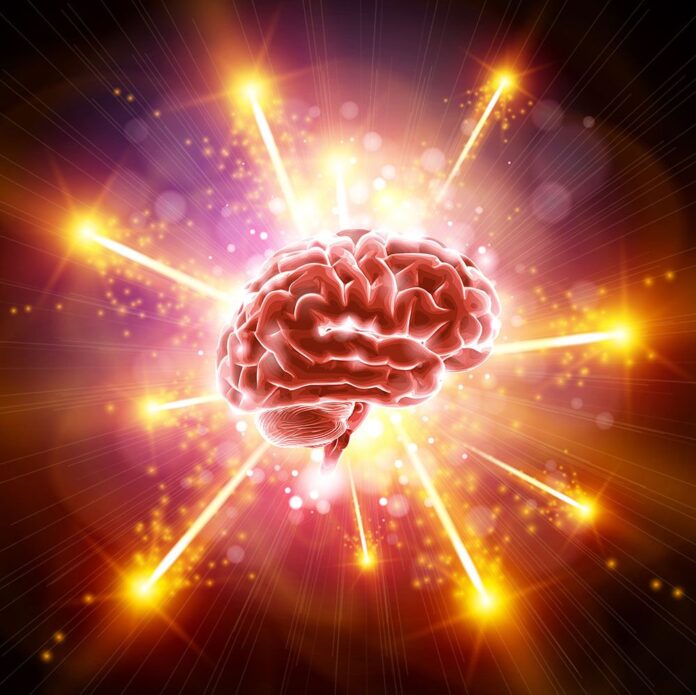
TMS is a non-invasive therapy; thus, no anesthetic or incisions are required. It is, therefore, a risk-free and efficient substitute for other types of brain stimulation, like deep brain stimulation. TMS is also an excellent choice for people who do not respond well to medication.
Summary
TRD is a severe disorder that millions of people experience worldwide. Many TRD patients do not respond well to traditional treatments, even though they are available. For those with TRD, transcranial magnetic stimulation (TMS) offers a potential alternative that can safely and effectively improve symptoms and lessen the severity of TRD.
TMS is a helpful technique in treating TRD; it is a good choice for patients who have not responded well to other kinds of treatment due to its non-invasive nature, few side effects, improved symptom severity, and high response rates.

